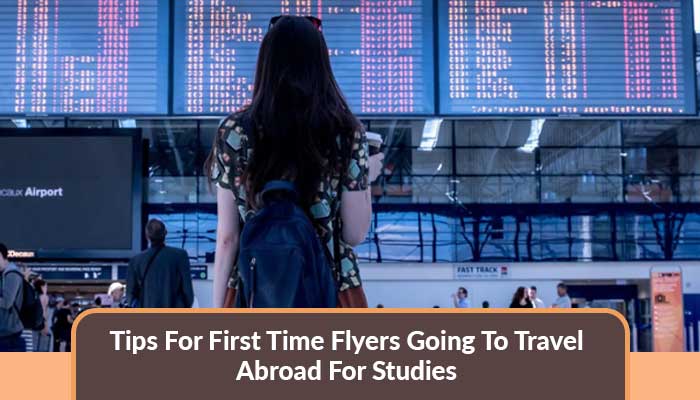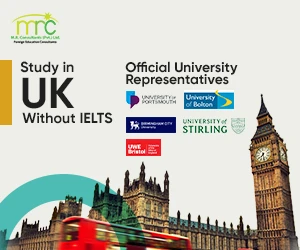
Millions of people fly every day without incident, and airline travel is one of the safest modes of transportation. No matter nervousness is a common reaction for first-time flyers, and it's completely understandable. Many first-time flyers go on to become frequent travelers, as they gain confidence and familiarity with air travel. Give yourself time and patience to adjust to the experience, and don't hesitate to seek support or guidance if needed.
Important Tips Every First Time Flyer Must Know
It's normal to have some level of anxiety or nervousness. It can be helpful to acknowledge your fears and take steps to manage them, such as following the tips mentioned.
Research Deep Dive
Researching the customs, entry requirements, and visa regulations of your destination country is an essential step in preparing for your trip. Visit the official website of the destination country's embassy, these websites typically provide comprehensive information on entry requirements, visa regulations and customs regulations. And make a list of required documents when traveling as a student. Here's a checklist of essential documents you may need:
-
Passport
-
Visa
-
Student’s ID card
-
University’s enrollment letter
-
Proof of accommodation
-
Financial documents
Book Your Tickets In Advance
It is generally advisable to book your tickets early when traveling abroad for studies. Here are some reasons why booking early is beneficial:
-
Booking your tickets well in advance often allows you to take advantage of lower fares.
-
By booking early, you have a better chance of securing flights that align with your preferred departure and arrival times.
-
Early booking increases your chances of getting preferred seats.
-
Booking your tickets early ensures you have the necessary documentation to support your visa application. (Many countries require proof of travel arrangements)
-
Knowing that your travel plans are confirmed well in advance can alleviate stress and give you peace of mind.
Pack Smartly And Efficiently
When packing for your studies abroad, it's important to pack smartly and efficiently here are some tips to help you pack smart:
-
Understand the climate and culture of your destination country to pack suitable clothing and other essentials.
-
Create a checklist of essential items based on your daily needs.
-
Pack necessary academic supplies such as notebooks, pens, textbooks, and any specialized equipment or materials required for your studies.
-
Pack travel-sized toiletries to save space and comply with airline regulations.
-
Organize and carry all necessary travel documents.
-
Be aware of your airline's baggage weight limits and restrictions.
Five Countries To Study Abroad |
What To Expect After Landing
Upon landing in a foreign country for your study abroad program, here are some things you can generally expect:
-
After disembarking from the plane, you will proceed to immigration and customs control.
-
International airports typically have various facilities to cater to passengers' needs. You can find currency exchange counters, ATMs, information desks, and car rental services.
Remember that the process may vary slightly depending on the country and airport you arrive at. It's a good idea to consult the resources provided by your educational institution and any pre-departure materials they have given you for specific instructions and guidance.
Documenst You Need When Applying For Study Abroad |



.gif)


 702
702
 0
0



























